Highlights from this month’s issue:
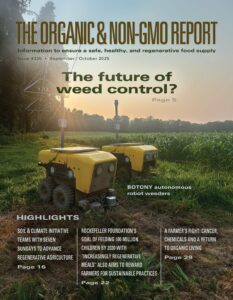 Indiana produce farm turns to AI-based robots to eliminate weeds
Indiana produce farm turns to AI-based robots to eliminate weeds
Sunrise Produce partners with Greenfield Robotics to eliminate herbicides, touts “Robot-Weeded” produce at Whole Foods stores.
Soil & Climate Initiative teams with Seven Sundays to advance regenerative agriculture
Nonprofit SCI and non-GMO cereal company’s expanded partnership supports farmers and regenerative land movement.
A farmer’s fight: cancer, chemicals and a return to organic living
Organic farmer William Caplinger raises all his food pesticide-free after a Stage 4 cancer diagnosis.
Rockefeller Foundation’s goal of feeding 100 million children by 2030 with “increasingly regenerative meals” also aims to reward farmers for sustainable practices.
Providing regenerative school meals has the potential to unlock “as much as $3 trillion in global economic productivity” in addition to improving health outcomes for children.
Get The Organic & Non-GMO Report
Find Non-GMO Suppliers
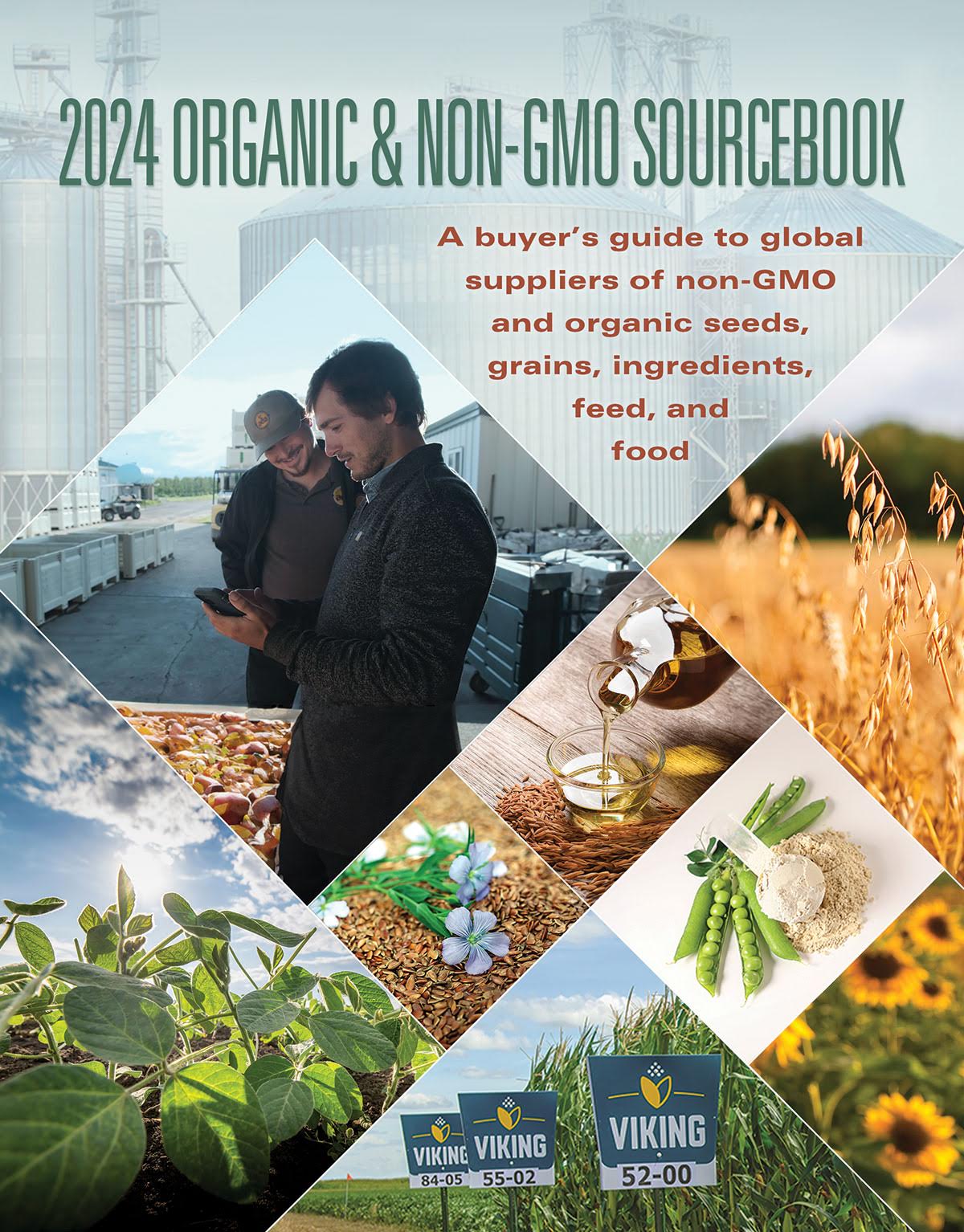
- Find suppliers of non-GMO and organic seeds, grains, ingredients, feed and foods
- Promote your company in The Organic & Non-GMO Sourcebook
- Receive the print version of The Organic & Non-GMO Sourcebook FREE by subscribing to The Organic & Non-GMO Report


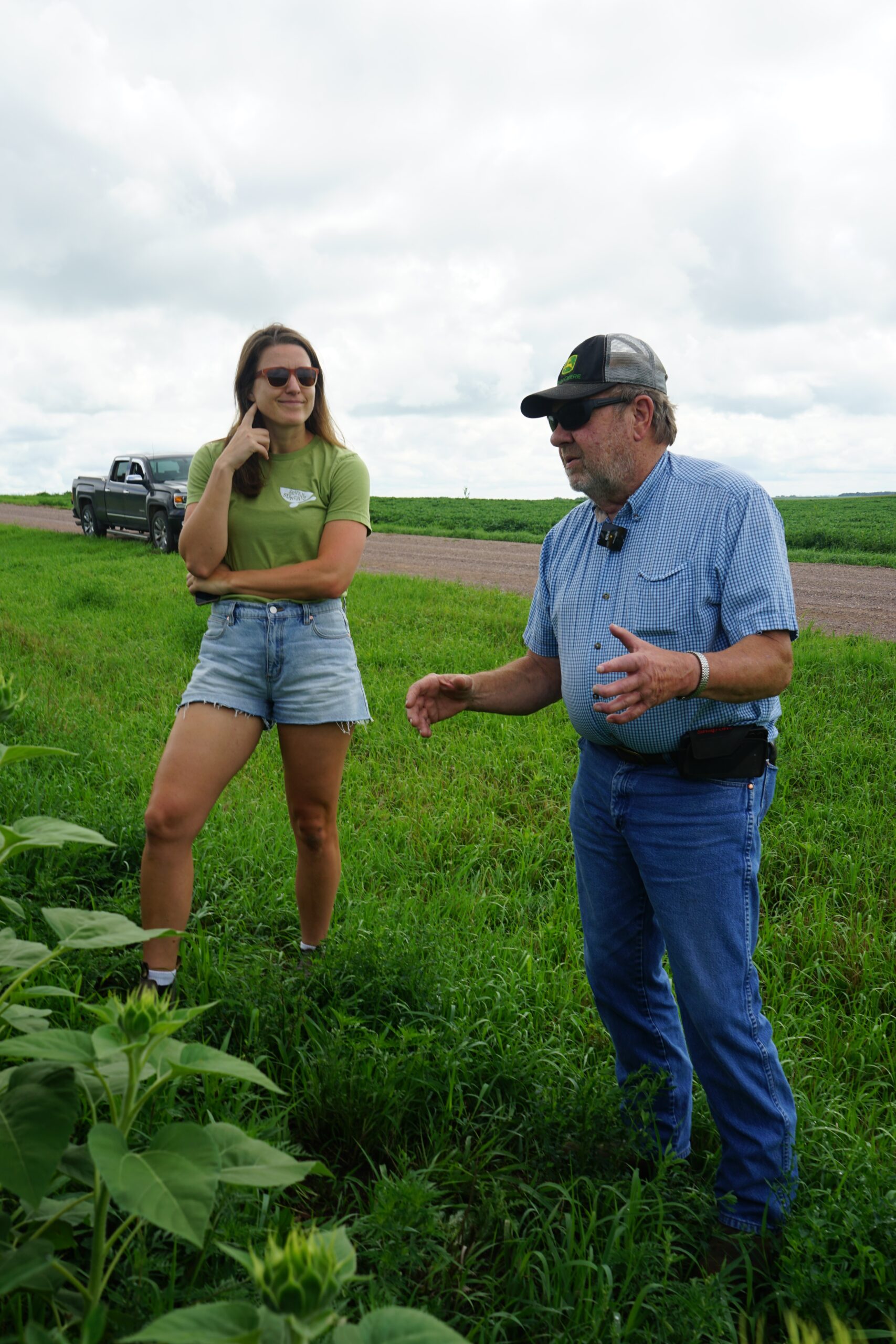
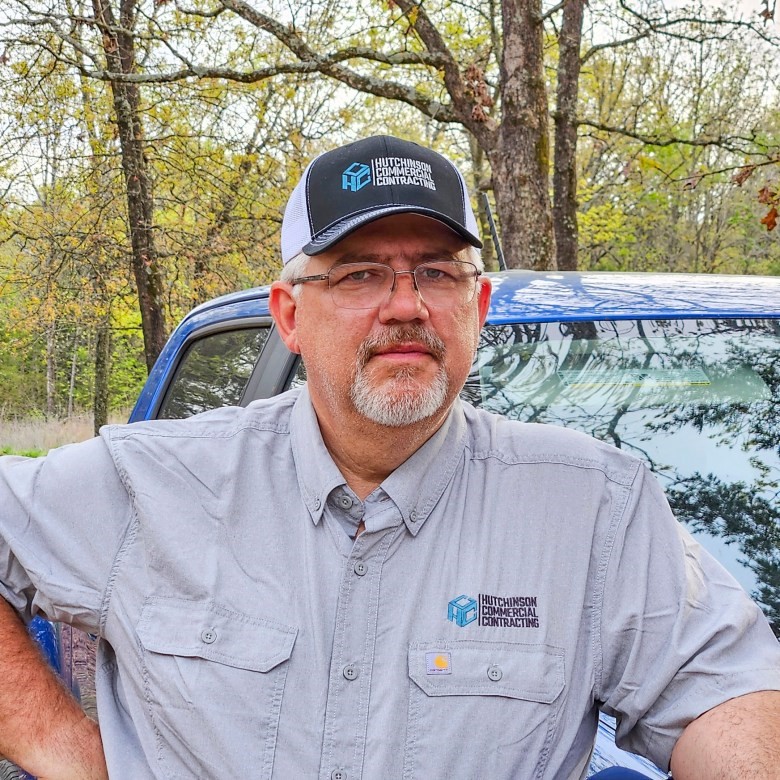
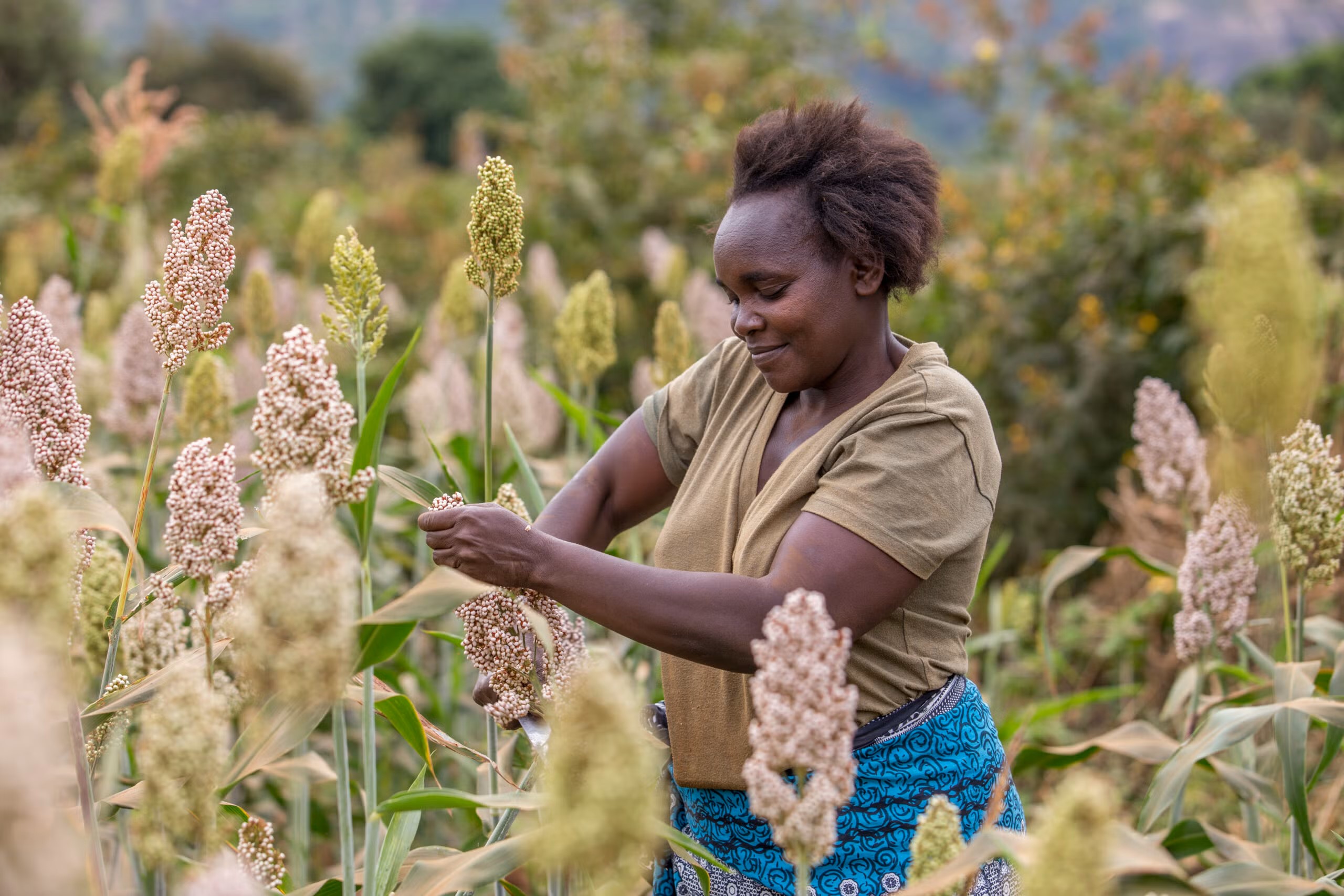
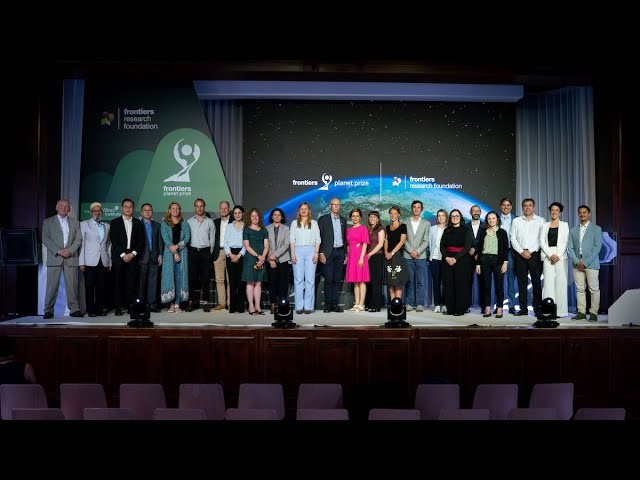





Non-GMO Report on Twitter
Non-GMO Report Follow
Monthly news magazine focusing on the risks of genetically modified foods and the trends toward organic, non-GMO, and regenerative foods.
The price of most organic food could jump this fall because of new policies and tariffs on imported organic sugar, frustrating manufacturers who say the actions won’t help sugar growers but could put some food companies out of business.
Iroquois Valley is investing in turning conventional cropland into organic ground, like it did with its partnership with Wholesome Meadows Farm.
Not substantially equivalent: New scientific methods challenge claims that GMOs are safe (Professor Antoniou interview part 2) via @USRightToKnow